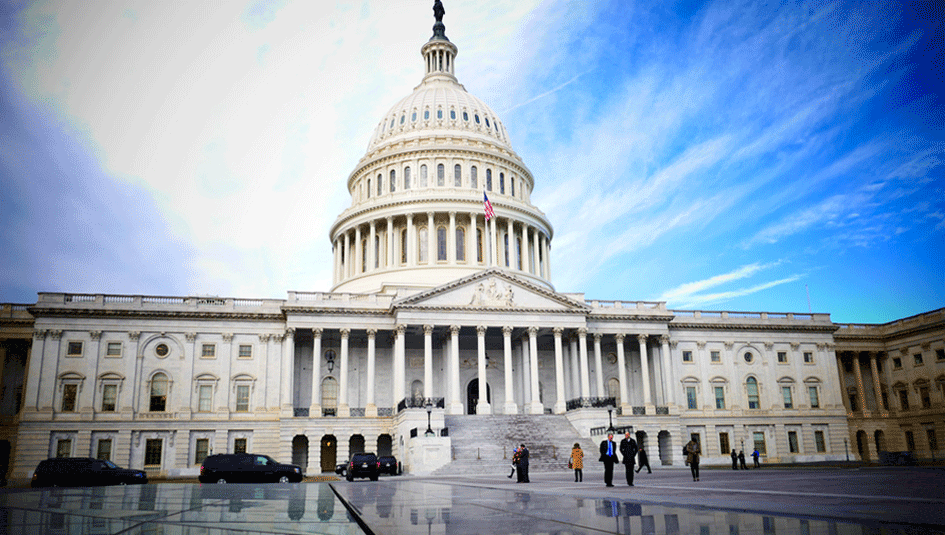New Diabetes Bill Signed into Law by President Trump

We don’t want to shock you, but there was a successful bipartisan effort to pass legislation in Washington, DC, and it was focused on the advancement of diabetes care. The National Clinical Care Commission Act was signed into law by President Trump on November 2nd, 2017. Now as to whether or not that law will actually do anything to advance diabetes care, well, only time will tell.
The legislation is one of those not-sexy-but-necessary bills designed to make sure all the various government agencies pull together as a team. It creates a commission to take a look at how to best coordinate various diabetes care and prevention efforts. The commission will include the heads of agencies whose mission is impacted by diabetes care; this includes the usual suspects like the CDC and the Centers for Medicare and Medicaid Services, but also agencies like the Department of Defense and the Department of Agriculture. The commission can, but is not mandated to, include those outside of government, like patient advocates and physician groups. The goal is for the commission to create a report on its findings within three years of the first meeting and then make itself scarce no later than 2021.
This act is designed not to cost the government additional funds, as its budget is to be taken out of the existing Department of Health and Human Services budget. The legislation may not seem controversial, but diabetes advocates have been advocating for its passage since it was first introduced in 2011. It has flown under the radar in a year filled with legislative drama when it comes to health care-related bills. Most of the oxygen of health care advocacy has been taken up by the seemingly never-ending efforts to repeal and/or replace the Affordable Care Act. The bill doesn’t even show up on the advocacy pages for JDRF or the American Diabetes Association. (Oddly, the ADA’s advocacy page hasn’t been updated since 2016.)
The National Clinical Care Commission Act may not sound very exciting at first read, but keep in mind that the government has been showing an increased willingness to innovate when it comes to diabetes care, as evidenced by the FDA’s recent efforts to streamline approvals for novel treatments and include more patient advocate voices. If this commission comes out with findings calling for an even more streamlined and robust approach to diabetes care, and if the findings are actually acted upon, this could be an important step toward enhancing diabetes care.
Or it could be another damn report. We’ll have to wait and see.
Do you have an idea you would like to write about for Insulin Nation? Send your pitch to submissions@insulinnation.com.